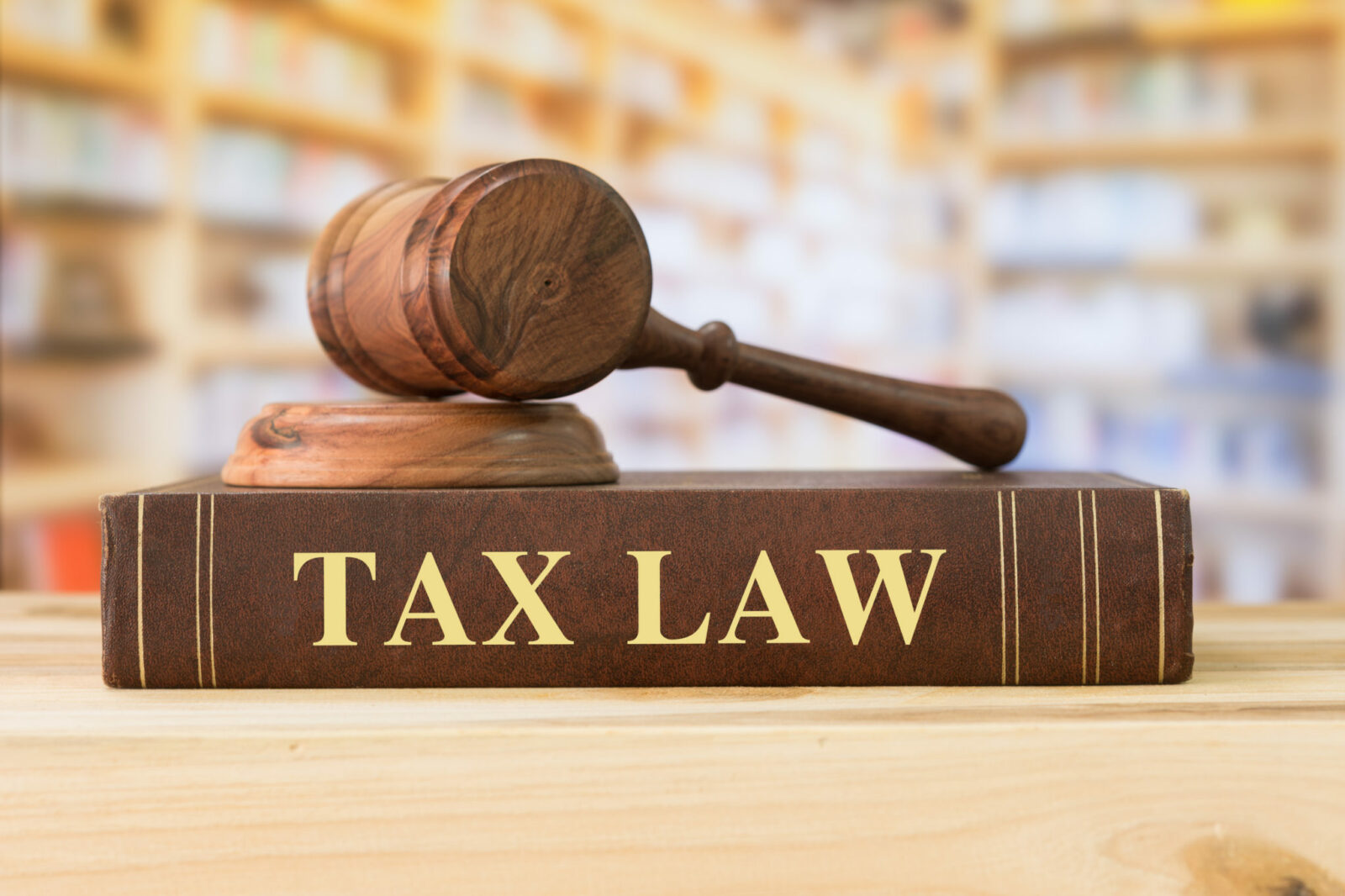Pending New Hampshire Legislation Reduces Taxation and Alters Certain Credits

On Friday, the New Hampshire House and Senate passed, and Governor Sununu signed into law, H.B. 1 and H.B. 2, approving the state’s fiscal 2022-2023 budget. While the legislation is much broader-reaching, this article will provide a summary of its tax-related features.
BET – the Business Enterprise Tax currently is assessed at a rate of .6% (.006) on certain expenditures of a business, including interest, compensation, and dividends. Generally, entities with gross receipts exceeding $222,000 or a BET tax base (interest, compensation, and dividends) of more than $111,000 are subject to the tax. The legislation changes both the base and the receipts thresholds to $250,000, and drops the rate to .55% (.0055) for taxable periods ending on or after December 31, 2022.
BPT – NH’s Business Profits Tax rate currently is 7.7%, assessed on the income of entities and proprietorships conducting business in the state. The new law creates a reduced rate of 7.6%, also beginning with taxable periods ending on or after December 31, 2022.
Note: The BET and BPT rates have decreased in recent years, and were scheduled to decrease again, contingent upon the state meeting certain revenue goals. The current legislation instead removes the contingencies, and replaces them with tax decreases that unambiguously will take place, but with resulting rates that are slightly higher (.01%, or .001) than originally targeted.
Two additional things should be noted while on the subject of the BPT, even though unrelated to H.B. 1 and H.B. 2:
- First, legislation passed earlier in the month (SB 101) updated the filing threshold for the BPT, increasing it from its longstanding level of $50,000 to $92,000, effective for tax periods ending on or after December 31, 2022. Going forward, this amount will be adjusted for inflation every two years.
- Also, beginning with years ending on or after December 31, 2022, NH’s BPT will use a single-factor method of apportionment based solely on sales. This significant switch from three-factor apportionment was set in motion by previous legislation, and although there was much discussion and recent attempts to delay its implementation, the laws passed on Friday leave its implementation on track as scheduled.
Overpayments of tax: Refunded vs. credited to following year – Historically a business whose tax return shows an overpayment of tax for a particular year has the choice to request a refund of the full amount of the excess or apply the full amount forward to the following tax year. A combination of the two also is acceptable (partly refunded, partly applied forward). No cap existed on the amounts chosen for each “bucket,” assuming of course that the combined amount requested did not exceed the actual overpayment. However, for both the BET and BPT, the legislation intends to cap, in decreasing percentages (based on the tax year that generated the overpayment), the amount of one year’s overpayment that can be applied as a credit toward the next, forcing refunds for any excess. Under the new legislation, the maximum percentages of a year’s tax that may be rolled forward (instead of refunded) are scheduled as follows:
- Years ending on or after December 31, 2022: 500%
- Years ending on or after December 31, 2025: 250%
- Years ending on or after December 31, 2027: 100%
By example, assume a 2028 tax return reports a tax liability of $100,000, toward which the taxpayer made payments of $400,000, resulting in an overpayment of $300,000. The taxpayer may apply no more than $100,000 of that overpayment toward its 2029 liability (100% of 2028 tax), and will receive a refund of $200,000.
I&D Tax – The Interest and Dividends Tax currently imposes a tax of 5% on many types of investment income earned by NH resident individuals, fiduciaries, and certain entities, to the extent that income exceeds $2,400 (or $4,800 for joint filers). The new legislation repeals the I&D tax, effective for periods beginning after December 31, 2026. It does so gradually, by reducing the rate as follows:
- Years ending before December 31, 2023: 5%
- Years ending on or after December 31, 2023: 4%
- Years ending on or after December 31, 2024: 3%
- Years ending on or after December 31, 2025: 2%
- Years ending on or after December 31, 2026: 1%
- Years ending on or after December 31, 2027: 0% (zero)
NH’s Meals and Rooms Tax currently imposes a 9% tax on the patrons of hotels and restaurants. The legislation proposes a reduction to 8.5%, effective for taxable periods beginning on or after October 1, 2021.
Conclusion
H.B. 1 and H.B. 2 cover far more ground than taxes, and contain a number of hot-button features receiving plenty of attention in the press that are not covered in this or other BNN articles. Those sections are not directly related to tax or accounting matters, but were included in the same legislation and negotiations.
For more information, please contact your BNN tax service provider at 800.244.7444.
Disclaimer of Liability: This publication is intended to provide general information to our clients and friends. It does not constitute accounting, tax, investment, or legal advice; nor is it intended to convey a thorough treatment of the subject matter.
